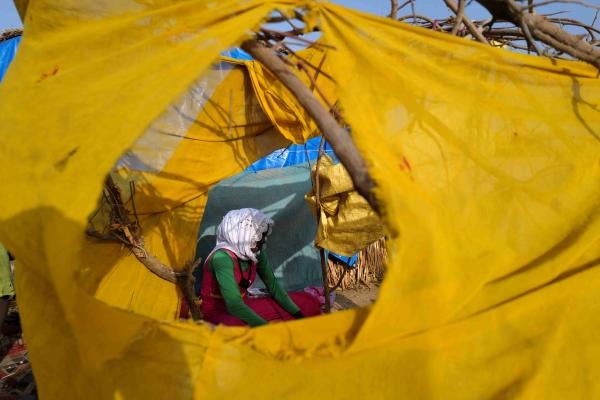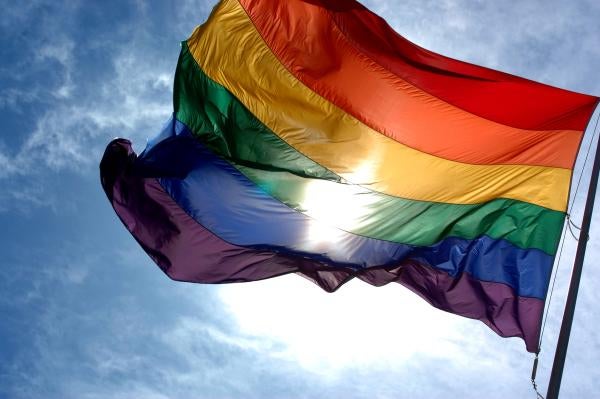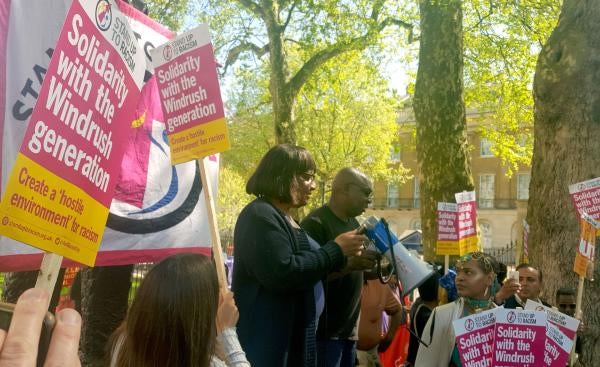Lire la version en français
As we noted here last week, the situation in West Darfur, Sudan, has been deteriorating at an alarming rate, and international bodies need to act quickly to halt spiraling violence.
Since April, the Rapid Support Forces (RSF), an independent military force, and allied Arab militias have been attacking non-Arab communities in the region. Some 1,100 people have died in the West Darfur capital of El Geneina alone, according to the Sudan’s doctor’s union.
The RSF and Arab militias have committed widespread looting and arson. They’ve attacked hospitals, markets, and other critical civilian infrastructure. As non-Arab people try to flee and find safety elsewhere, the same assailants have been attacking camps for the internally displaced.
They’ve also killed human rights defenders and other local leaders. On June 14, the governor of West Darfur, Khamis Abbakar, was brutally killed shortly after he talked to media about the horrors unfolding in El Geneina and blamed the RSF and its allies.
Some two million people have been displaced across Sudan since April, more than 280,000 in West Darfur. Many people, notably ethnic Massalit young men and boys, have been trapped in El Geneina. About 150,000 people have fled into neighboring Chad, many doing so while under attack.
Humanitarian operations in El Geneina have come to a standstill, as aid continues to be looted and destroyed in the region.
Clearly, the situation demands top-level international attention to try to stop things spinning out of control even further.
The UN Security Council needs to do at least three things right away. First – and of course – it should call on the warring parties to end their attacks on civilians, allow people to flee to safety, and guarantee unfettered humanitarian access to the region.
Second, it needs to openly condemn specific atrocities and publicly identify those responsible. Third, Council members should impose targeted sanctions against those individuals. The African Union and the European Union should then follow suit.
In short: the Security Council should name names, and create consequences.
Recent years have seen warning signs of mass violence in Darfur, but the Security Council and other international actors chose to look away. Now, with escalating ethnic attacks and a mounting civilian toll, the world can ignore Darfur no longer.








